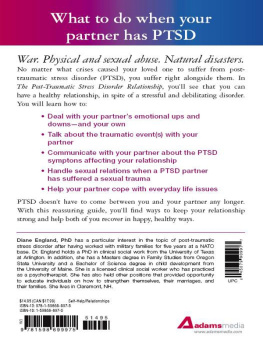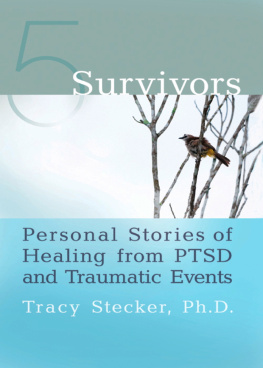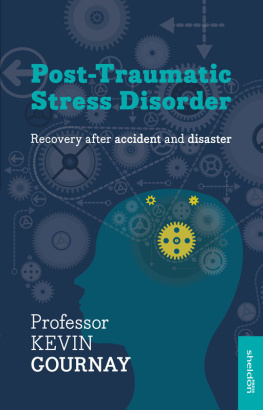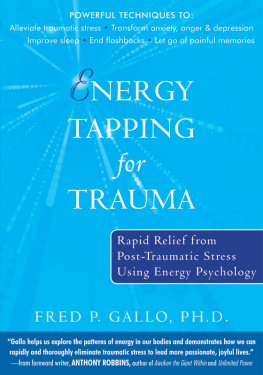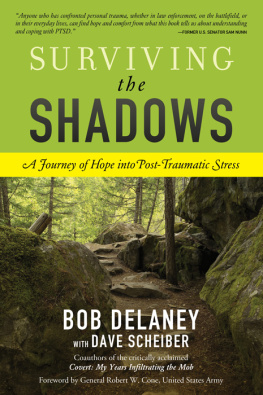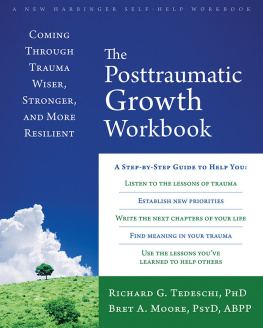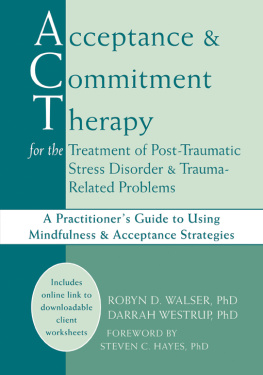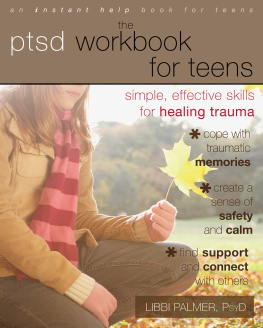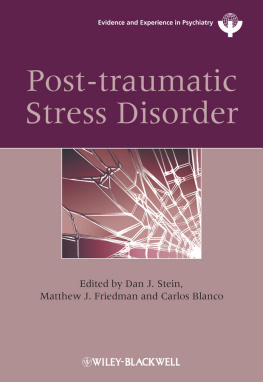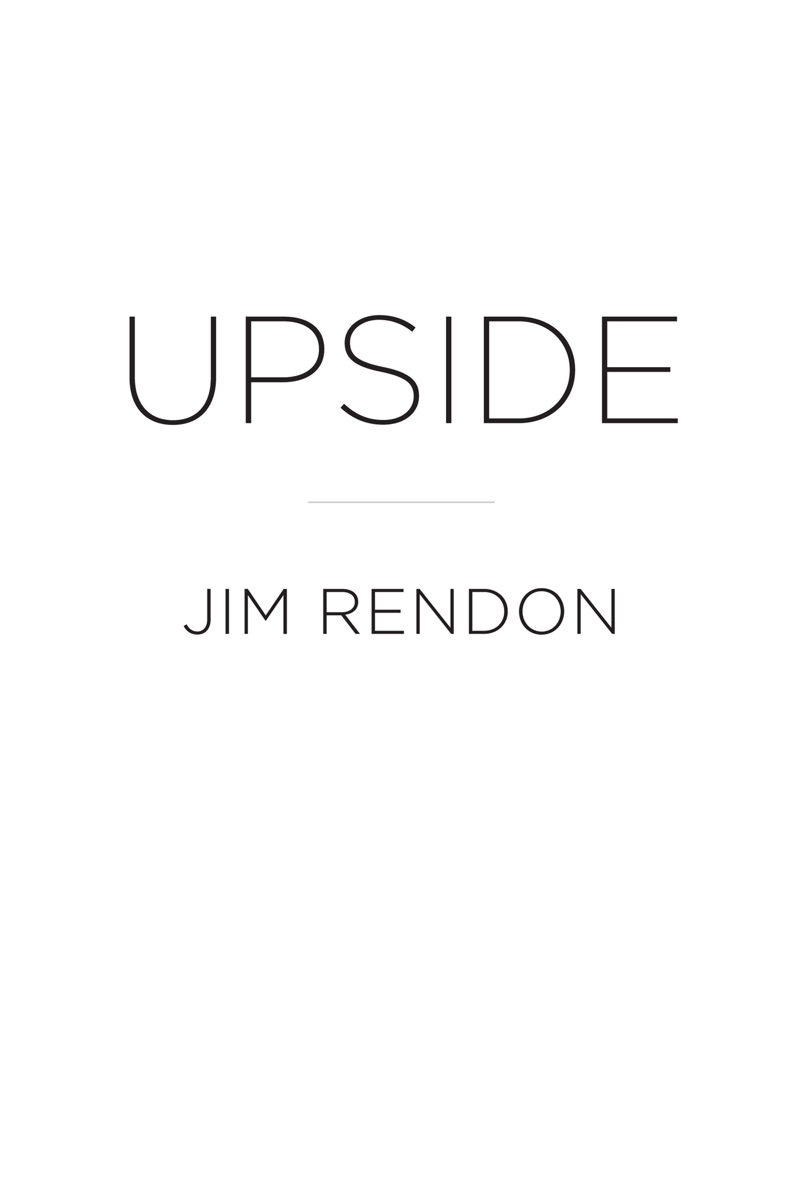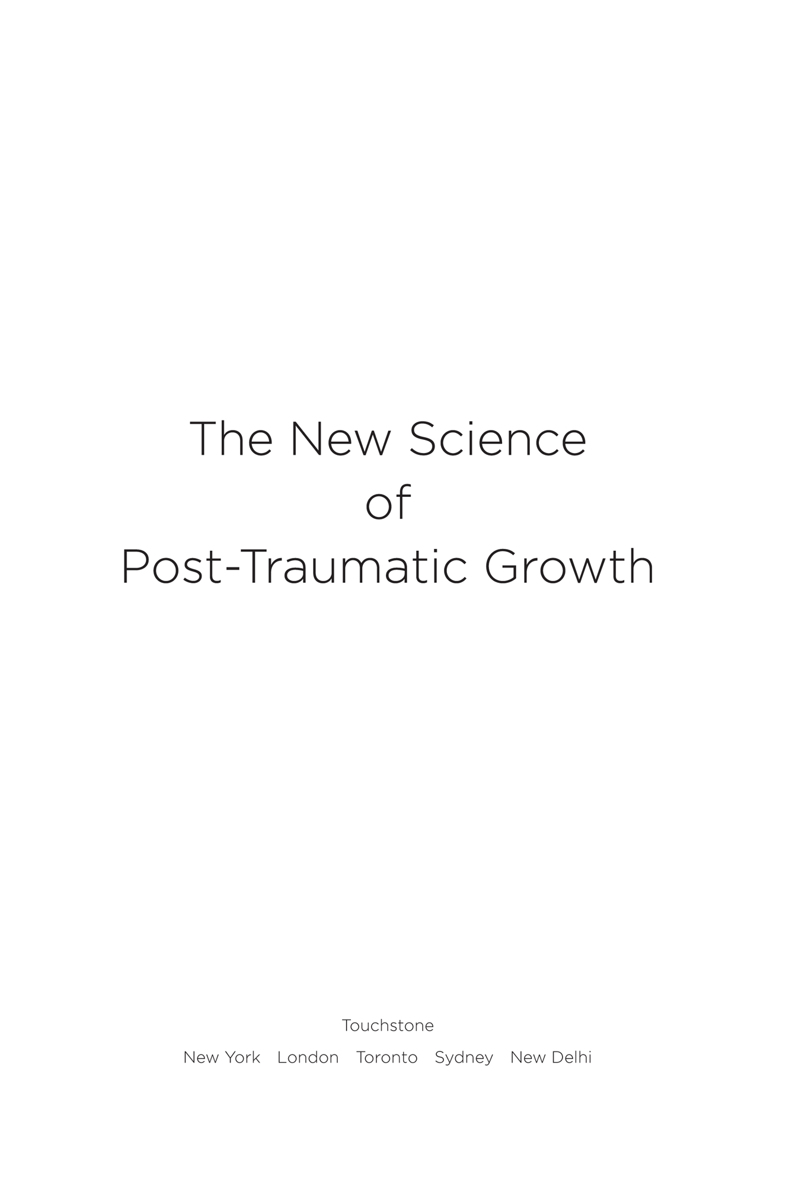Thank you for downloading this Touchstone eBook.
Join our mailing list and get updates on new releases, deals, bonus content and other great books from Touchstone and Simon & Schuster.
C LICK H ERE T O S IGN U P
or visit us online to sign up at
eBookNews.SimonandSchuster.com
CONTENTS
For my parents, Michael and Joyce Rendon
INTRODUCTION
M Y FATHER, M ICHAEL R ENDON, IS a Holocaust survivor. So the question of how trauma changes people, how it shapes their lives and their sense of self, has always been part of my life.
He was just a teenager when German soldiers took him from his home in Poland and sent him to a concentration camp. He survived a winter death march from Poland to the Buchenwald concentration camp in Germany. From there he was moved to a smaller camp called Mittelbau-Dora. Even among concentration camps, this place was notorious. The Nazis forced prisoners to hollow out mines under the Harz Mountains, creating two parallel tunnels; each was 40 feet wide, 28 feet high, and nearly a mile long. Dozens of chambers ran between them. This complex became a vast subterranean factory that was impregnable to Allied bombs. In the belly of this mountain, prisoners built the VI and VII rockets that bombarded London. And while they worked, they risked their lives to sabotage those very rockets. They faked welds, left out parts, loosened screws. After rockets started malfunctioning, the guards brutality increasedpeople were beaten to death, shot, or hung above the factory floor for the slightest infraction. The death rate at Dora was among the highest of any concentration camp.
In the mid-1990s, I visited Dora with my father. On a damp fall morning, as we walked around the former camp together, he explained the daily roll call that could go on for hours, showed me the tracks of the train that hauled parts and material into the rocket factory, even described as best he could what he saw every day inside the former mine. Nobody could believe what was going on inside that tunnel. Inside was like hell. I dont think hell was like this, he told me. People were falling like flies. There was no air. The dampness. We walked until we came to a rise near the tunnel entrances. I walked up to the chain link fence and craned my neck to get a better viewI wanted to see this place, get as close to it, to his experience, as I could. But here he held back. As he stared past the fence and into the shadows of the sealed tunnel entrances below, he became uncharacteristically quiet. He stood incredibly still for a moment and then slowly turned away.
My father talked about the war often. When I was young he told me fantastic adventure stories about the war and even comic stories that poked fun at the lazy, stupid guards. It wasnt until I was a teenager that he told me more about the horrors of his experience and how he escaped Dora.
Near the end of the war, as bombs from Allied planes fell around them, and guards and prisoners took cover, my father and a friend ran from Dora. The guards shot at them as they fled and he was wounded. He and his friend hid in the woods for two weeks, surviving on what they could scavenge or steal and trying to work their way to the American front. Over time, his wound became infected. He realized that if he was going to survive he needed medical attention. He stole the uniform from a dead SS officer and, wearing it, walked into an SS field hospital. At the end of the war the hospital was in chaos and no one asked too many questions. Medics cleaned his wound and bandaged him. He took a nap in one of the beds. When he woke up he saw a picture of Hitler hanging on the opposite wall. He got up, snuck out the door, and started running again.
When he finally came across American troopssoldiers in the 104th Infantry Divisionthey saw his SS uniform and thought he was a Nazi. Luckily one of the soldiers spoke Polish and my father explained that he had escaped from a concentration camp. Two days later the soldiers left him with the armys 20th Field Hospital, where he received a blood transfusion and care for his wound. He ate and regained his health. He is lucky that he escaped from Dora when he did. The Nazis killed nearly all of Doras remaining prisoners in the waning days of the war.
My father told me that after he came to America, he joined the merchant marines so that he could divorce himself from the world. He wanted to simply sit on a ship in the middle of the ocean and just be left alone in a place where no one knew who he was, what he had survived, or what he had losthis father, brother, stepmother, aunts, uncles, cousins, grandparents. Of his extended family of more than one hundred, only a few cousins survived the war.
Growing up, I often wondered how I would act in his place. What if an invading army rolled down my quiet New Jersey street and captured me? What would I do if I survived a concentration camp? Wouldnt I just crumble completely? I still dont know that I would have the strength to put one foot in front of the other and face the rest of my life. I marvel that my father has done that.
More recently, as young men and women began returning from Iraq and Afghanistan with post-traumatic stress disorder in increasing numbers, I began to wonder again about trauma and what it means to survive. What does a life-shattering trauma do to you? How does it change you? Can one ever bounce back from an experience like this? In the context of trauma does the phrase bounce back even mean anything? What I found amazed me, and gave me hope.
Most people have two opposing ideas about what it means to survive trauma. The first, and perhaps the most prevalent in our culture today, is that the event warps you, leaves you damaged and broken. Its the post-traumatic stress disorder so deeply associated with Vietnam War veterans and depicted in films like The Deer Hunter .
Following a traumatic event, most people experience a range of problems. They have nightmares and trouble sleeping. They are plagued by images of the traumatic eventreliving it over and over. They are on high alert, stuck in the thick of the brains fear response. Many become anxious or depressed. The vast majority of people experience some of these post-traumatic stress symptoms, but they fade over time. Only a small percentage of people actually develop full-blown PTSD. A number of treatments have been developed for PTSD, but it remains a terrible and hard-to-treat condition, one that can take many years of therapy and medication to manage, one that can completely derail a life if left unattended.
Until recently, that was it. The whole discussion of the human response to trauma ended there: return to normal or suffer in the depths of PTSD. Therapy, medication, and psychological research have all been geared to helping people overcome this sometimes devastating post-trauma response with the goal of returning to normalcy.
But over the last few decades a small but growing group of researchers has found that trauma is more complex than that. A traumatic event, it turns out, is not simply a hardship to be overcome. Instead, it is transformative. The trauma becomes a dividing line in survivors lives. They are different after the event. Sometimes that change is negativethe post-traumatic stress symptoms that have received so much attention. But the changes dont end there. Trauma survivors are often pushed by a brush with their own mortality, by the depth of their hardship or even the suffering of others, to find more meaningful and fulfilling ways of understanding who they are and how they want to live. They struggle, but they also change for the better.



